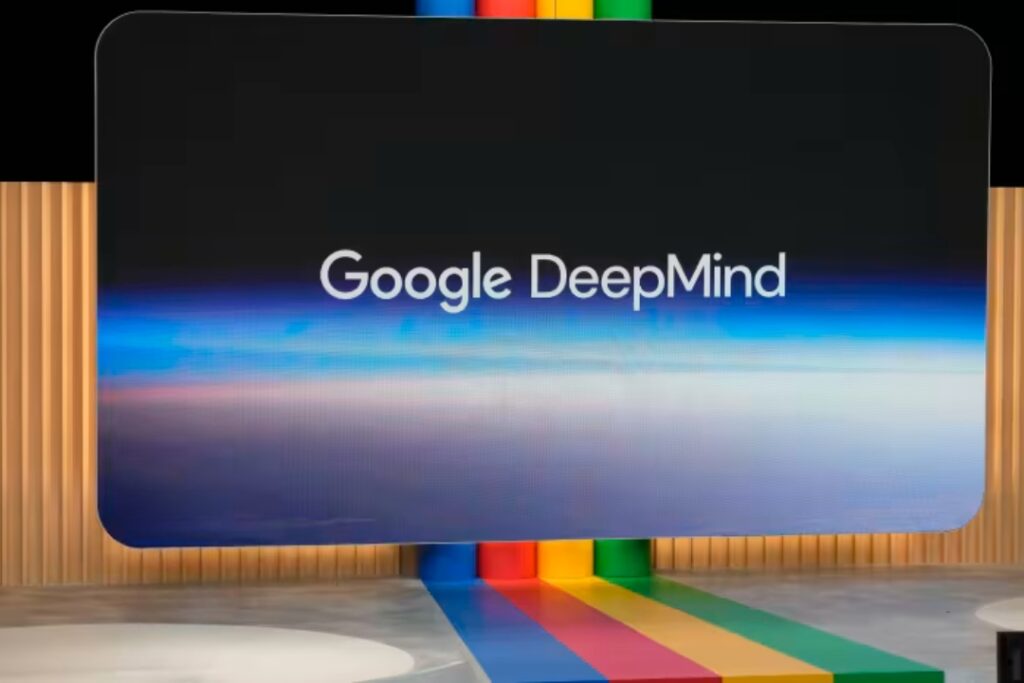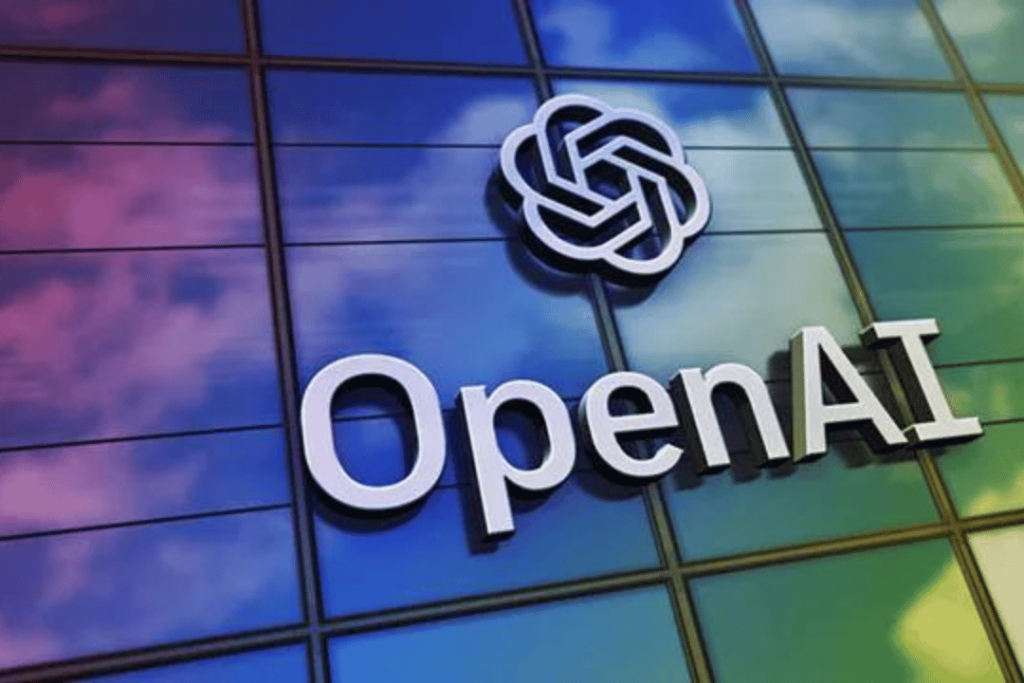On December 6, Google took a momentous leap into artificial intelligence with the launch of Project Gemini, a groundbreaking initiative poised to revolutionize AI behavior. This development is anticipated to amplify the ongoing discourse concerning the potential promises and risks of this technology.
The unveiling of Project Gemini is slated for a phased rollout, commencing with the integration of less advanced versions—dubbed “Nano” and “Pro”—into Google’s AI-driven chatbot, Bard, and the Pixel 8 Pro smartphone.
Project Gemini Enhances Google’s Bard and Pixel 8 Pro Smartphone Capabilities:
Promising enhanced intuitiveness and proficiency in planning tasks, Google assures that Bard, bolstered by Gemini, will evolve to perform more intuitively. Gemini’s capabilities on the Pixel 8 Pro will encompass rapid summarization of device-recorded content and automated messaging service responses, starting with WhatsApp.
However, the pinnacle of Gemini’s advancements is projected to materialize in early 2024 with the introduction of the “Bard Advanced.” Initially available to a select audience, this powered-up iteration of the chatbot will debut with English functionality worldwide, with plans for further linguistic expansion.
A demonstration showcased Gemini’s potential for unparalleled multitasking abilities, adeptly processing presentations incorporating text, images, and video simultaneously. Moreover, Google intends to infuse Gemini into its predominant search engine, although the timeline remains undisclosed.
Demis Hassabis, CEO of Google DeepMind—the AI division behind Gemini—hailed this milestone as the commencement of a new era for Google, highlighting the decade-long journey since its acquisition of London-based DeepMind and its integration with the “Brain” division.
Related Article: OpenAI Turmoil: Mass Resignation, Repercussions, Leadership Shifts
The technology’s prowess in problem-solving within domains such as mathematics and physics instils hope among AI enthusiasts for breakthroughs that could enhance human life. Nonetheless, concerns linger within the AI discourse, fearing potential ramifications such as job displacement and exacerbating issues like misinformation or even triggering catastrophic events.
Google’s CEO, Sundar Pichai, iterated the company’s commitment to ambitious research and responsible deployment, emphasizing collaboration with experts and governments to mitigate risks while harnessing AI’s substantial benefits.

Gemini’s arrival is poised to escalate the ongoing AI competition, notably against industry competitors like San Francisco startup OpenAI and Microsoft.
AI Competition Heats Up as Google’s Project Gemini Challenges OpenAI’s GPT-4:
Microsoft-backed OpenAI had been forging ahead with its advanced AI model, GPT-4, which gained global attention with the release of the ChatGPT tool. In response, Google accelerated the launch of Bard. Subsequently, OpenAI unveiled GPT-4 in March 2023, continuously enhancing capabilities, including image analysis, introduced in November.
The collaboration between OpenAI and Microsoft raised concerns about deviating from OpenAI’s initial mission to safeguard humanity as AI advances. The abrupt dismissal and subsequent reappointment of CEO Sam Altman intensified apprehensions regarding the organization’s direction.
As Gemini enters the fray, OpenAI faces the challenge of proving the superiority of its technology against Google’s offering. Eli Collins, Google DeepMind’s VP of Product, admired Gemini’s capabilities, emphasizing its advancements in factuality while acknowledging persistent challenges in higher-level reasoning skills.
During a virtual press conference, Google refrained from disclosing Gemini’s parameter count, emphasizing a white paper illustrating its superiority over GPT-4 in multiple-choice exams and elementary-level mathematics. However, challenges persist, particularly in overcoming errors inherent in large language models, such as hallucinations and limitations in factual accuracy.
Google’s introduction of Project Gemini marks a pivotal shift in AI’s trajectory, promising advanced capabilities that transcend existing boundaries. The competitive landscape intensifies as Google vies against rivals, notably OpenAI and Microsoft, setting the stage for a spirited race toward AI supremacy. Gemini’s potential to augment human tasks and foster scientific breakthroughs instils hope, yet concerns persist regarding its societal implications.
As AI evolves, ethical navigation remains paramount, necessitating collaborative efforts to mitigate risks. The unveiling of Gemini signifies not just technological progress but also underscores the imperative of responsible AI deployment in shaping a future that maximizes benefits while addressing inherent challenges.

In summary, Google’s launch of Project Gemini signifies a monumental stride in AI development, heralding a new phase characterized by heightened capabilities and renewed competition. The evolution of AI remains a complex journey, balancing technological advancement with ethical considerations as these innovations continue to redefine our world.






[…] Read More: Google Unveils Project Gemini: A Game-Changer in AI Evolution […]